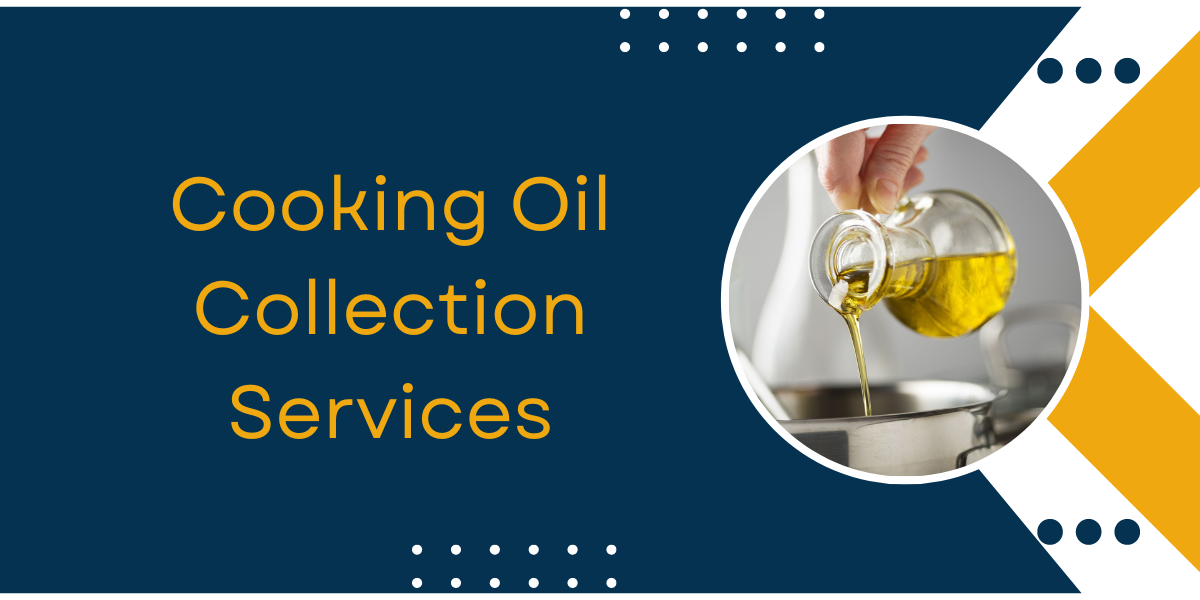Proper waste management is essential for maintaining a clean and sustainable environment. Among various waste streams, used cooking oil poses unique challenges due to its potential to cause significant environmental harm if not managed correctly. Fortunately, cooking oil collection services have emerged as a greener and more responsible solution for handling this waste. In this article, we will explore the importance of cooking oil collection services and how they offer a greener approach to waste management.
The Environmental Impact of Improper Cooking Oil Disposal
Improper disposal of cooking oil has far-reaching consequences for the environment. When poured down sinks or discarded into landfills, cooking oil can lead to several environmental issues:
- Water Pollution: Cooking oil that enters water bodies can form a thick layer on the surface, impeding oxygen exchange and adversely affecting aquatic life.
- Clogged Drains and Sewers: When poured down kitchen sinks, cooking oil can solidify and clog drains and sewers, leading to costly and time-consuming repairs.
- Air Pollution: When incinerated or left to decompose, cooking oil releases harmful pollutants and foul odors into the air, contributing to air pollution.
The Role of Cooking Oil Collection Services
Cooking oil collection services have stepped up to address these environmental challenges and provide a more sustainable and eco-friendly approach to waste management. Here’s how they make a significant impact:
- Efficient Collection: Cooking oil collection services offer scheduled and efficient collection from various sources, including households, restaurants, catering businesses, and industrial facilities. This ensures that used cooking oil is promptly removed from premises, reducing the likelihood of improper disposal.
- Safe Handling: These services employ trained professionals who are well-versed in the safe handling and transport of used cooking oil. They use secure containers and follow strict protocols to prevent spills and leaks during transportation.
- Recycling and Repurposing: The collected cooking oil is transported to recycling facilities, where it undergoes a process to be converted into valuable resources, such as biodiesel. Biodiesel, a renewable and clean-burning fuel, offers a sustainable alternative to traditional fossil fuels, reducing greenhouse gas emissions and dependence on non-renewable resources.
- Promoting the Circular Economy: Cooking oil collection services actively participate in the circular economy model, where resources are reused and repurposed to minimize waste generation and conserve valuable materials.
Benefits for Businesses and the Environment
Cooking oil collection services offer a range of benefits for businesses and the environment:
- Environmental Protection: By ensuring proper disposal and recycling of used cooking oil, these services contribute to reducing water pollution, air pollution, and the strain on waste management systems.
- Cost-Effectiveness: Using cooking oil collection services can be cost-effective for businesses, as it reduces the risk of costly plumbing issues caused by clogged drains and prevents potential fines for improper waste disposal.
- Enhancing Sustainability Efforts: Businesses that partner with cooking oil collection services demonstrate their commitment to environmental sustainability and responsible waste management, enhancing their brand reputation and attracting eco-conscious customers.
Conclusion
Cooking oil collection services play a pivotal role in adopting a greener approach to waste management, particularly for used cooking oil. By providing efficient and eco-friendly solutions for collection, transportation, and recycling of cooking oil, these services contribute to safeguarding the environment, reducing pollution, and promoting the circular economy. As businesses and individuals embrace these greener practices, we move one step closer to building a more sustainable future for generations to come.



